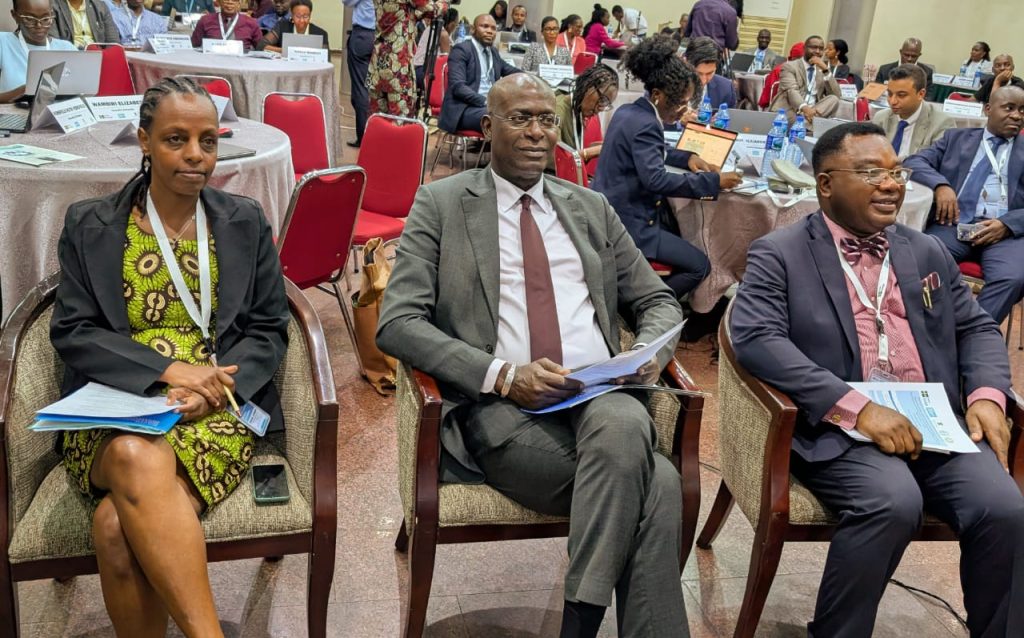NATIONAL NEWS
Climate crisis is more than an environmental issue, it’s a human rights emergency – Fall

The United Nations Resident and Humanitarian Coordinator in Nigeria, Mohamed Malick Fall, has emphasised that “climate crisis is more than an environmental issue—it is a human rights emergency.”
“Across Africa, rising temperatures, extreme weather events, and environmental degradation disproportionately impact those in vulnerable situations, including women, the elderly, youth, and persons with disabilities.” He noted at the Regional Africa Human Rights Academic Network Conference held in Abuja, on 19 February 2025.
He further explained that those who contributed the least to climate change bore its worst consequences. “This is an injustice.” He said.
According to the UN Resident Coordinator, “Sub-Saharan Africa produces less of the world’s greenhouse gases, yet it suffers the worst effects of climate change. This is more than an environmental injustice—it is a moral failure.”
Fall called on all stakeholders to reaffirm “our shared humanity by ensuring that environmental justice is not just an aspiration but a reality for all.”
The Execvutive Secretary of the National Human Rights Commission, Dr Tony Ojukwu, has reiterated that climate justice demanded that those who suffered the most from climate change should receive adequate support and protection.

“Governments and institutions, including the National Human Rights Institutions, must take decisive action to safeguard human rights in the face of climate change.” He said.
According to Ojukwu, This would require: Strengthening Climate Policies and Legislations on climate adaptation and mitigation, while ensuring their implementation upholds human rights principles; Holding Polluters Accountable; Promoting Sustainable Development by investing in renewable energy, sustainable agriculture, and climate-resilient infrastructure; Ensuring Public Participation in climate decision-making processes; and enhancing Climate Finance and International Support.
The conference was jointly organised by the National Human Rights Commission, the University of Nigeria and the Raoul Wallenberg Institute (RWI), with the support of of the United Nations.









